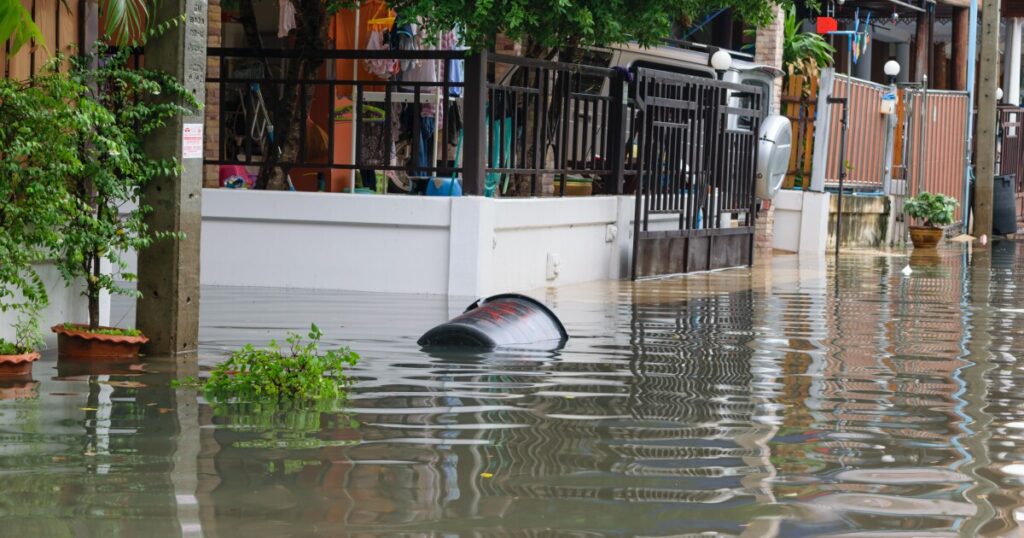Lenders call on flood insurance renewal as budget talks move

Lenders are asking lawmakers to pass yet another temporary extension for the National Flood Insurance Program, responsible for covering over 4.7 million homeowners.
Congressional leaders were on track Wednesday to pass a stopgap bill to keep the government, including the Federal Emergency Management Agency overseeing the NFIP, funded through Dec. 20. The NFIP, which has seen 30 short-term extensions since the end of the 2017 fiscal year, provides almost $1.28 trillion in coverage, according to the government.
A government shutdown would preclude mortgage applicants from closing on home loans without the required coverage in federally designated flood zones. Existing coverage would continue through the end of their policy term, while NFIP borrowing from the government would be drastically reduced.
Capitol Hill’s last-minute effort, with funding set to expire Sept. 30, comes on the eve of a hurricane expected to slam the Southeast, and amid flourishing mortgage activity on declining rates.
The Mortgage Bankers Association Wednesday called on Congress to pass its continuing resolution, which would also keep housing programs at federal agencies humming along.
“MBA urges the House – and then the Senate – to pass this temporary, but critical funding package to ensure the continuity of critical government programs and operations that support single-family and multifamily housing markets and consumers,” said Bob Broeksmit, MBA president and CEO.
The NFIP has been maligned over its rising coverage costs, notably in a lawsuit from states which is supported by some regional mortgage lenders.
The program faces its own financial constraints, as it has over $20 billion in debt with a $30.4 billion borrowing limit. Past government extensions didn’t provide additional funding for the program, according to a Congressional report.
Flood insurance woes are compounded with soaring homeowners insurance costs. In the face of inflation and costlier natural disasters, private homeowners insurers have pulled back operations and hiked rates significantly. State-level safeguards are also constrained; Florida’s “insurer of last resort”, Citizens Property Insurance Corp., has grown significantly in recent years and is now asking for a rate increase.
Homeowners can access a private flood insurance market, but those policies can be more expensive, said Patty Brown, senior vice president of underwriting for Atlantic Bay Mortgage. The Virginia Beach-based lender says it works with the Community Home Lenders of America and government-sponsored enterprises on guidelines around insurance restrictions.
“They’re not backed by the federal government, so repairs, or the insurance payments, are not going to be as quick as through the NFIP,” she said of private flood insurers. “The coverage is more expensive, but it may not be enough.”
Destructive flooding may cost up to $9.4 billion in expected flood damage annually to homes with federally backed mortgages, and could cost government mortgage sponsors $275 million in costs this fiscal year, according to two Congressional Budget Office reports.
While some lawmakers, specifically both of Louisiana’s Republican senators, have called on a longer-term reauthorization of the program, the debate will persist with a new-look Congress following the election. Atlantic Bay’s Brown asked why Congress couldn’t avert constant renewal deadlines.
“It is a good program, it does work,” she said. “As a lender we’re working to make it easier for people to get into homes and not harder. So programs such as the NFIP are critical to our commitment to get people into homes.”







